Biden administration adds new limits on Huawei's suppliers
The administration of US President Joe Biden has further restricted companies from supplying items to China’s Huawei Technologies Co. Ltd by amending previously approved export licenses.
The move to prohibit items for use in or with 5G devices comes two weeks after the Chinese company expressed hope to hold talks with the Biden administration "separately" from Beijing to resolve issues including the US export ban on the firm.
The new changes could disrupt the current contracts with Huawei that were negotiated under previous licenses, sources familiar with the matter told Reuters.
The initial export licenses were granted by the US Commerce Department after Huawei was placed on the department’s trade blacklist in 2019.
The new rules prohibit more explicitly the export of components like semiconductors, antennas and batteries for Huawei 5G devices.
The latest actions, which show the Biden administration is reinforcing a hard line on exports to Huawei, make older licenses more consistent with tougher licensing policies implemented in the waning days of the administration of former president Donald Trump.
In January, the Trump administration said it would deny 116 licenses with face values worth $119 billion, and only approve four worth $20 million, according to a Commerce Department document reviewed by Reuters.
The Trump administration approved licenses for companies to sell $87 billion worth of goods and technology to Huawei between 2019 and 2020, the document said.
While new restrictions on those licenses badly affect some suppliers, one source noted, they also level the playing field between firms as some received licenses under less restrictive policies.
Huawei has not yet held talks with the new administration since Biden took office in January, but the company said it hopes to begin discussions soon.
Tim Danks, vice president of risk management and partner relations at Huawei Technologies USA, said late last month that "we want to have a discussion [with the US administration] separately from the Chinese government. We don't want to be lumped into that discussion."
"We think the Huawei issue is a separate issue that needs to be taken separately [from geopolitics]," Danks told Nikkei Asia.
Hezbollah attacks Israeli forces after Lebanese homes blown up
World leaders, states hail ICC arrest warrants for Netanyahu, Gallant
MP: US accountable for possible Israeli 'foolishness' to attack Iraq
VIDEO | Israeli policies strangle Palestinian agriculture, economy
Iran's president offers condolences to Pakistan over terrorist attack
Canada’s Yukon town council at standstill over refusing oath to King Charles
Yemen's Houthi calls for jihad to protect Palestine against Israel
VIDEO | Internal rifts within Israel


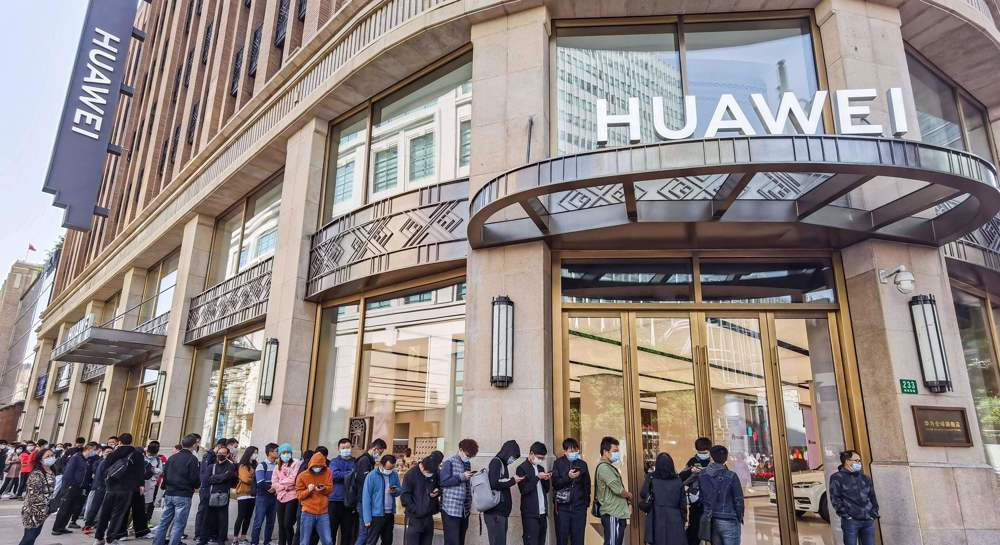

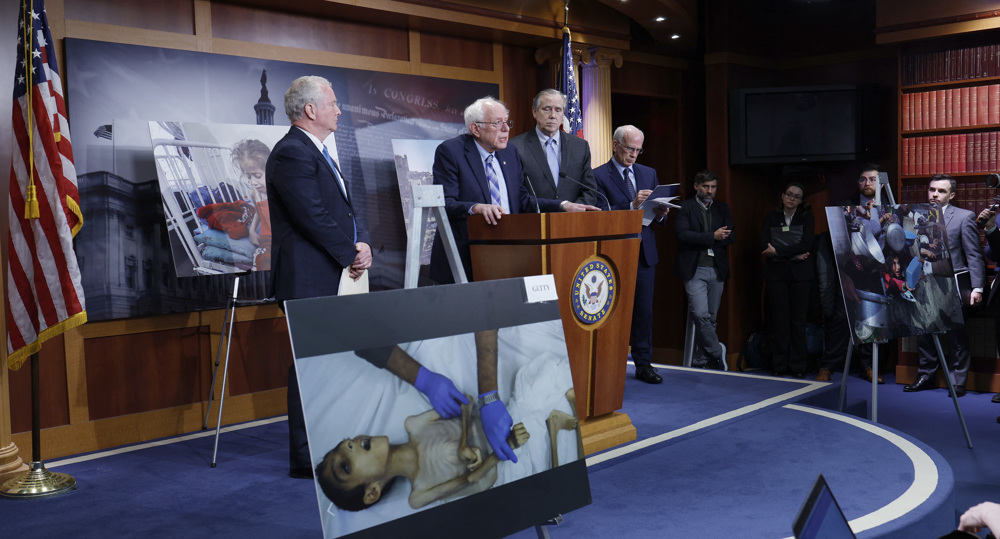




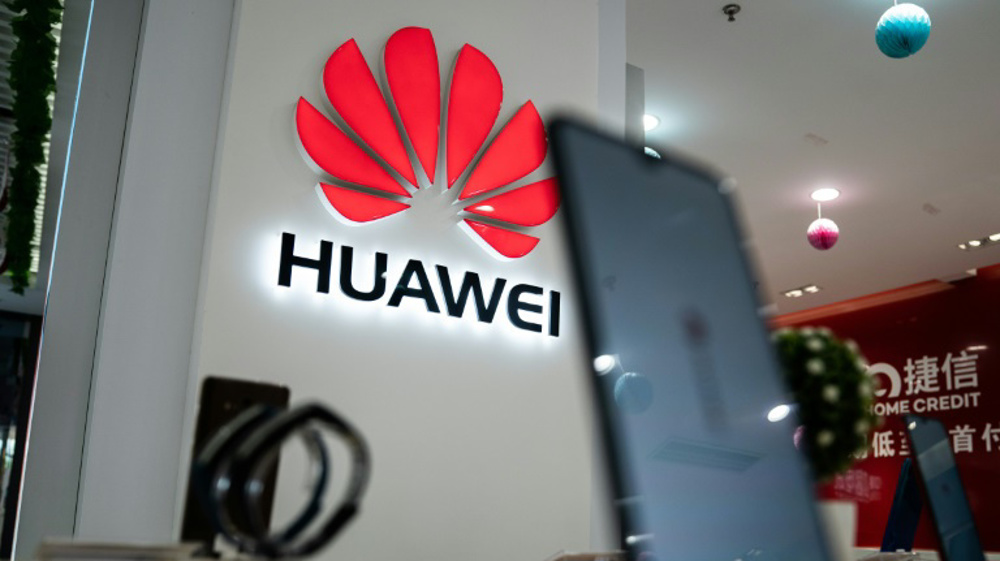
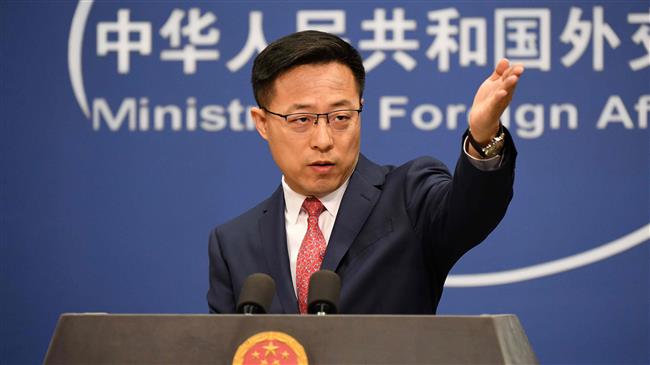
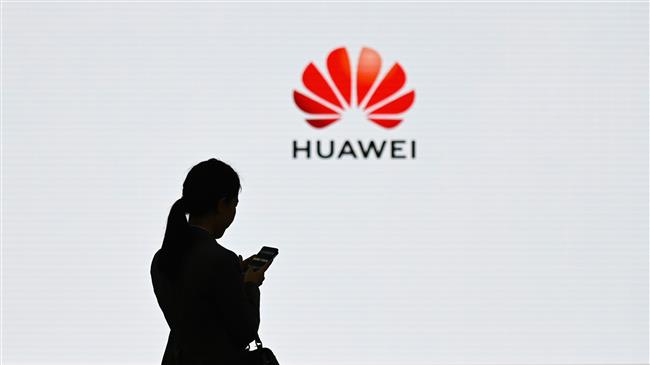

 This makes it easy to access the Press TV website
This makes it easy to access the Press TV website